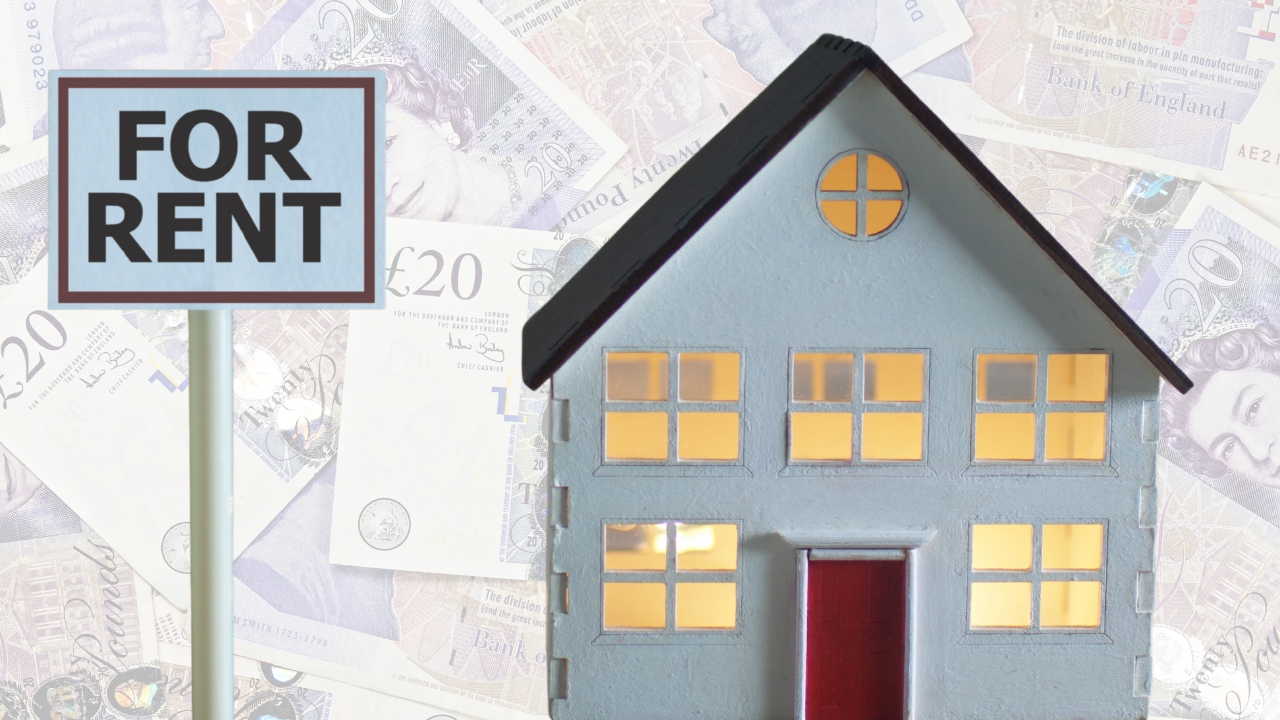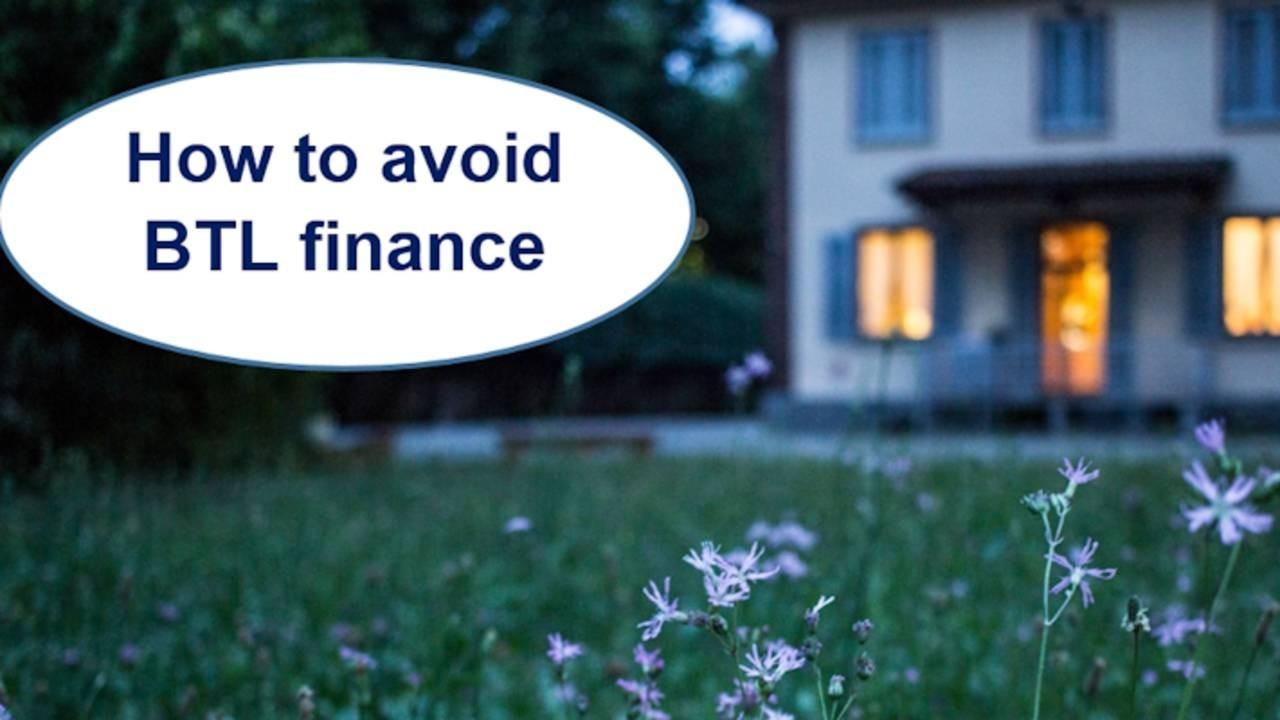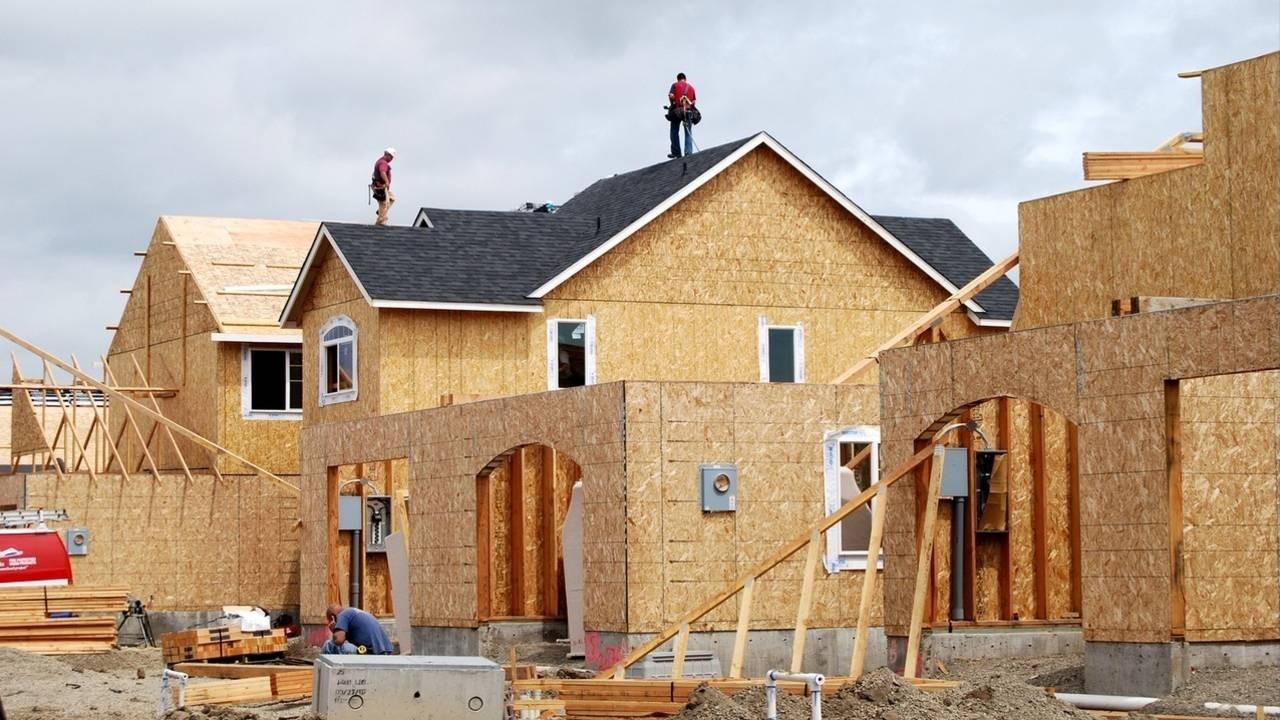A bridge much nearer

The phrase ‘a bridge too far’ has always been used to describe something that is unrealistic or unreasonable. Bridging finance has often fallen into that category by uneducated investors. In most people’s minds bridging is ‘******* expensive!’
This still largely true if you’re using it for its original purpose, buying a new main residence before selling your current one but that is a small percentage of the bridging market. Commercial use is the main way bridging is now used i.e. to make money on properties you don’t actually live in.
More than a decade ago, bridging interest rates were approx. three times higher than mortgage rates. Back before 2010, the standard rate for bridging finance was 1.5% a month – i.e. 18% pa, At that time mortgages were running at around 5-6% annually.
The credit crunch caused mortgage interest rates to drop, and they’ve stayed low for more than a decade, sitting at around 2-3%. In the early 2010’s bridging remained around that 18% pa mark, so that ...
How To Fund A New Development

THE QUESTION
I’m looking for advice on development funding. I have been offered the chance to put in one third for some land - which has planning permission for four barn conversions plus a new build plot. The purchase price of this land has been offered to us for £750k with a GDV for the houses of approx. £3.5m.
I have a few BTLs, but this is the chance for me to get into development. I would need to borrow £250k for the purchase and more for the build costs and associated fees, but this gives great returns.
What would be the best way to borrow this money?
THE ANSWER
Development finance is the type of finance used in this - it’s a 'does what it says on the tin' thing - you have a development that you want to finance.
Development finance lenders are not going to be the major banks, or household names. It used to be but the major banks quit this type of lending in the 2008/09 credit crunch and have never got back in, in any meaningful way.
From the lender’s perspective their k...
No deposit property purchase

There was a time when no deposit mortgages were available, but the credit crunch put paid to all that. However, people still ask if they can purchase property without a deposit. In reality it is still possible to get 100% finance by using the house you’re buying and your unencumbered main residence or existing rental property as security to get the deposit money and refurb costs from the bridging?
I teach exactly how to do this under the Fast Funding Formula module in my Ninja Investor Programme workshops and, in essence, this is how it works.
If you own 100% of the equity in a property you can offer it as additional security to enable you to borrow 100% of the purchase price of the property you want to buy. More than that, you can also borrow the refurb costs too.
Bridgers will lend you up to 75% of the value of your unencumbered property.
Not everyone owns a property with no mortgage on though, do they? The good news is that it is also possible when your current property has a ...
Is build-to-rent a viable strategy?

THE QUESTION
I’ve been looking at developments, if I was to cash build let’s say a row of terraced houses, once built can I refinance at whatever LTV available, take the cash, and rent the properties out under the company?
I’m just looking at other avenues rather than the normal build and flip scenario. I’d like to know if there are any implications if I wanted to build properties with the sole purpose of refinancing and renting out.
THE ANSWER
Build to rent is an established concept, so getting finance to pull your cash out should be fairly straightforward.
You should be building to a minimum profit margin of 20% of GDV, but preferably more. You can finance at 75% of GDV - subject to the rental income being sufficient to borrow that loan to value.
One element that should add to your bottom line profit with build-to-rent is the standard of internal finish. If you are building to sell that quality has to be good enough to convince would-be buyers to part with tens, probably hund...
Self-build project finance

THE QUESTION
I have just applied for planning permission for a house that I'm going to live in. The question is where is best to get a development loan? I have several houses that I rent out already but I’ve never built a property before.
THE ANSWER
Development loans are for commercial projects that will be sold or rented out. When it is for a house that you intend to be your main residence, that all changes. What you need is a self-build mortgage.
What it is different is that it becomes an FCA regulated loan because you intend to live in it and that is a game changer for several reasons.
Only lenders that have been regulated by the FCA to lend on main residences are allowed to lend to you. Development finance lenders, by and large, will not have gone through the process of regulation because they only lend on commercially based projects, those that are built for profit. This means all such lenders are prohibited by the FCA from lending to you.
Commercial lending is lighter...
Thinking about a new build project?

If you’ve been growing your property portfolio and have a few conversions and refurbs under your belt, you might like the idea of becoming a developer and building a multi-home project yourself.
You may have been watching Grand Designs, the Big Build and other similar TV programmes and feel ready to tackle a bigger project with homes to either rent out or sell. However, it’s not as simple as a straightforward conversion.
Firstly, you’ll need specialist development finance - not a self-build mortgage or even a bridging loan.
Almost without exception development finance lenders want provable, documented, comparable experience that the borrower has successfully completed a project similar to the one they’re now seeking to fund.
These lenders have a policy of putting up barriers to entry and this lets them cherry-pick the projects that they see having a high chance of success. Development finance is not given for ‘on the job’ learning.
Piggy-back for what you lack
They want to see...
Development finance for first-timers

If you’re looking at getting into new builds as part of your property investment, you need to get to grips with a different kind of funding.
You can’t get buy-to-let (BTL) mortgages for a new build and bridging lenders see this as a specialised area. However, there are lenders who do specialise in development finance.
Before I go any further, we are not talking about building your dream home a la Grand Designs. There are mortgages for people who want to self-build, but as a property investor, you will be looking for something different.
Development finance is usually for new build projects on greenfield sites, or demolishing an existing building on a brownfield site and rebuilding, or, in some circumstances, major conversions, but only if significant structural work is required.
How easy is it to get development finance?
First you will need to jump through some hoops!
Number 1 is experience.
Development finance lenders need to be confident that you know what you’re doing. Tha...
How to avoid BTL finance

THE QUESTION
If I have unencumbered property, i.e. no mortgages, what creative finance schemes/packages are available for short or longer term for development projects? I really want to avoid BTL finance.
THE ANSWER
If you really want to avoid BTL finance and are fortunate enough to have an unencumbered property, you are in a very powerful position.
You can offer that property as additional security/extra collateral for any development project you want to get into. That could mean that you need to put no actual hard cash into your project; save for survey and legal costs.
Both bridging and development finance lenders would typically lend you 70% (with slight variations) of the value of your property; as well as lending against the property you want to buy. This is usually sufficient to borrow 100% of the purchase price plus the refurb/conversion/build costs if you need to.
For properties that fall into refurb/minor conversion category, that would generally be bridging. For new...
Finance for a new build

THE QUESTION
I want to get into building a brand new property, what type of finance is needed for this and how does it work?
THE ANSWER
New build projects require development finance and this is structured in a specific way. Pre-credit crunch this was freely available from the major banks, but they pulled out when the credit crunch hit, with disastrous consequences for many of their borrowers. They've never really got back into this area of lending again. The gap has been filled by small, specifically focused lenders who typically offer this type of finance and nothing else, although a few do offer bridging as well.
These lenders find it useful to erect barriers to entry that deter all but the strongest propositions for them to lend on. These barriers are:
- They require a high cash input from the borrower
- The borrower needs to have provable, relevant previous experience of a similar type of new build
High cash input
Your money is required up front; the lender will fund 100...




